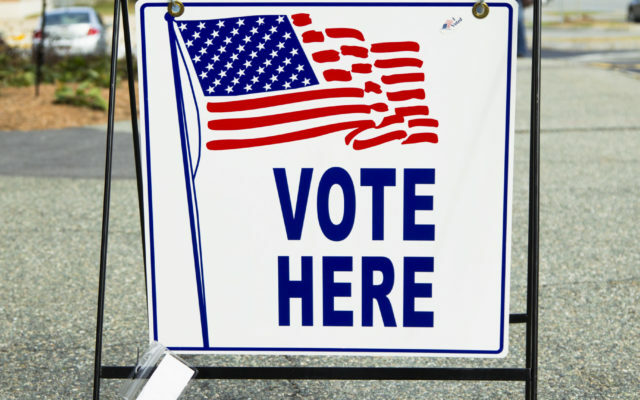Alaska House candidates talk ranked voting ahead of election

JUNEAU, Alaska (AP) — Alaska U.S. House candidate Sarah Palin on Monday said the state’s ranked choice voting system “needs to be changed,” though Alaska has yet to conduct an election under the system.
The state’s first ranked voting election, under a system narrowly approved by voters in 2020, will be the House special election Aug. 16. It features two Republicans – Palin, a former Alaska governor, and businessman Nick Begich – and Democrat Mary Peltola, a former state lawmaker.
The winner will serve the remainder of the late U.S. Rep. Don Young’s term, which ends early next year. Young died in March.
Palin, the 2008 Republican vice presidential nominee, during a candidate forum broadcast by Juneau radio station KINY said the ranked voting system is “so frustrating for so many Alaskans.” She said it’s “convoluted” and complicated and creating voter confusion.
The new voting process ends party primaries and institutes ranked voting in general elections. Under the system, all candidates in a primary race, regardless of party affiliation, are on the same ballot, with the top four vote-getters advancing to the general election. There are just three candidates in this election after independent Al Gross, who finished third in the June special primary, dropped out.
Begich said campaigns are “effectively running a primary and a general at the same time.”
“We’re going to run this experiment. We’ll see how it goes,” he said, adding that he would like to see Alaska return to the prior system.
Peltola, who most recently worked for a commission whose goal is to rebuild salmon resources on the Kuskokwim River, said she is “not a very partisan person.” She said she is hopeful more moderate candidates will be elected with ranked voting.
“And my hope is that we shy away from the really extreme-type candidates and politicians,” she said.
Alaskans for Better Elections, which advocated for the new process, on its website says ranked voting allows voters to “express their true preferences without fear of accidentally helping elect candidates they don’t support.” Ranked voting also encourages positive campaigning since candidates need to go beyond their traditional base to be successful, the group says.
The group said people rank items by preference “all the time.”
The House special election will be held the same day as the regular primary. There are 22 candidates in the primary, with Palin, Begich, Peltola and Republican Tara Sweeney the most prominent.
Young held Alaska’s only House seat for 49 years. Begich said building back seniority in the House is important. He said his private sector experience is an area in which he stands out in the current race.
Peltola said she is “not a millionaire. I am just like every other regular Alaskan.” She also said it’s important to have people in office who “work well with other people” and can build coalitions.
Palin said she has connections that could be “put to good use” for Alaska’s interest. She also noted her experience in politics and government.
“We need a voice of reason from the people, somebody who is connected to just normal, everyday Joe Six-Pack, hardworking Alaskan, and I feel that that is who I am,” she said.


